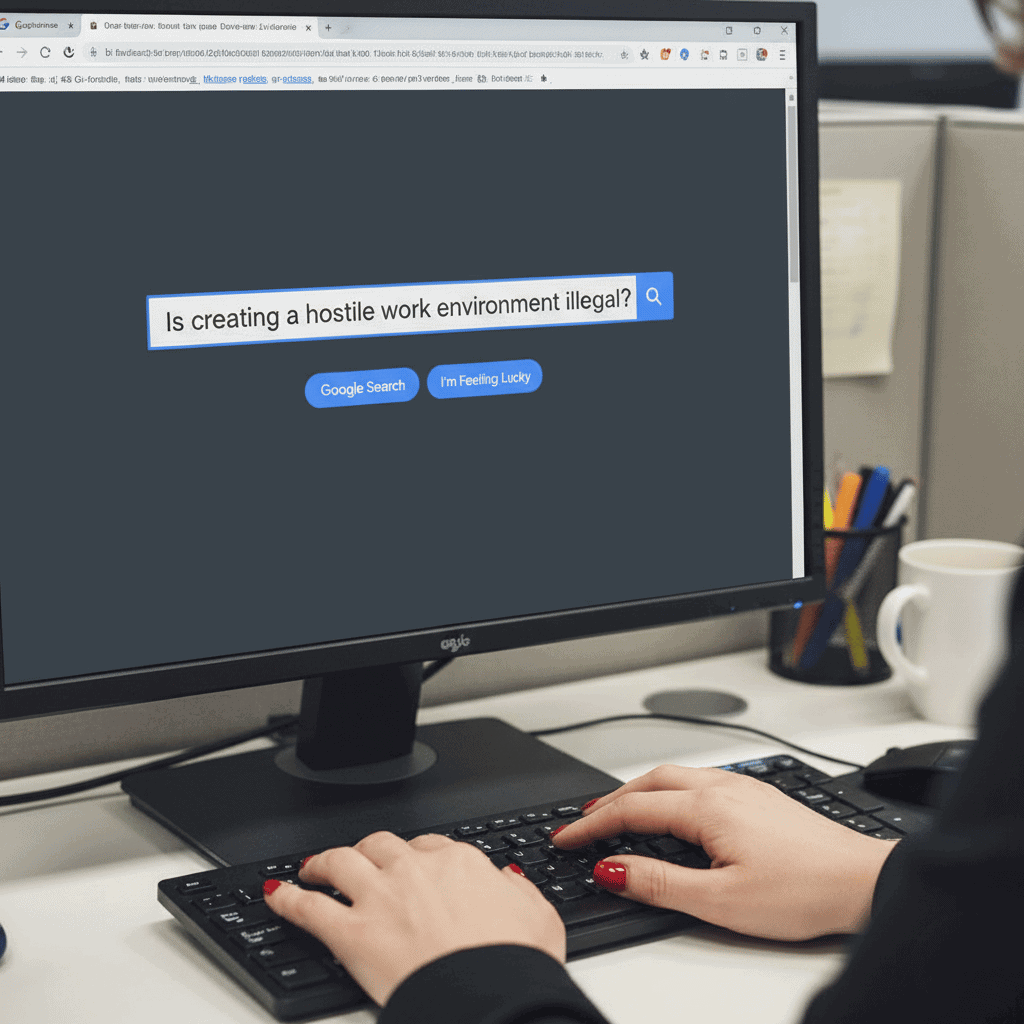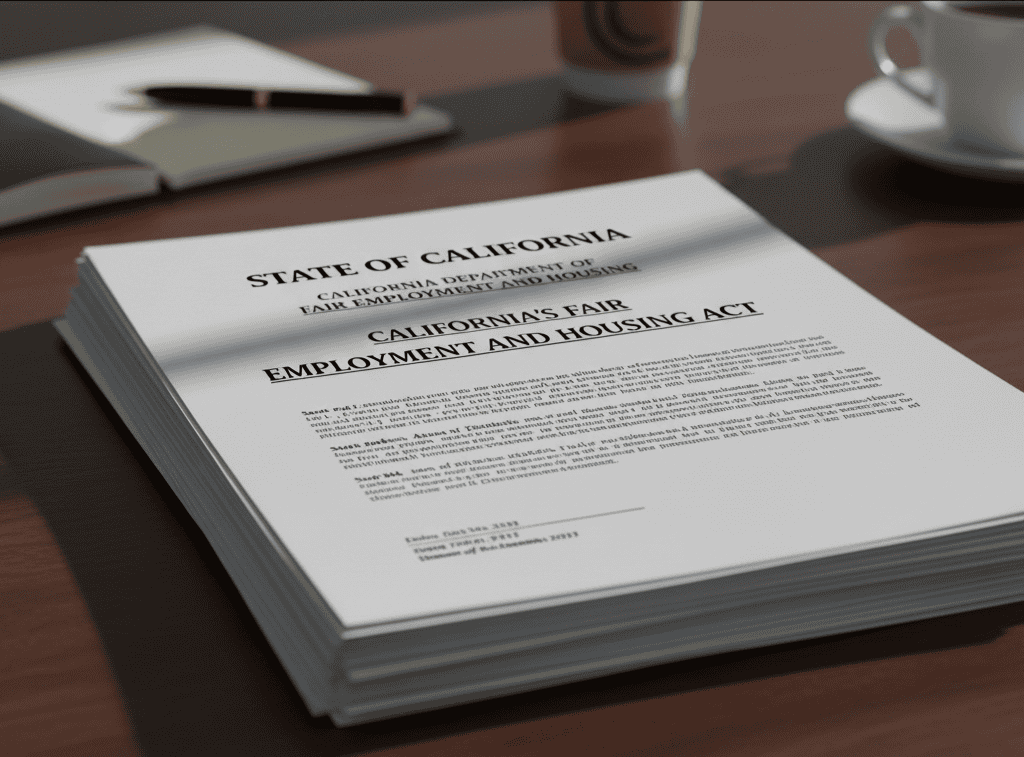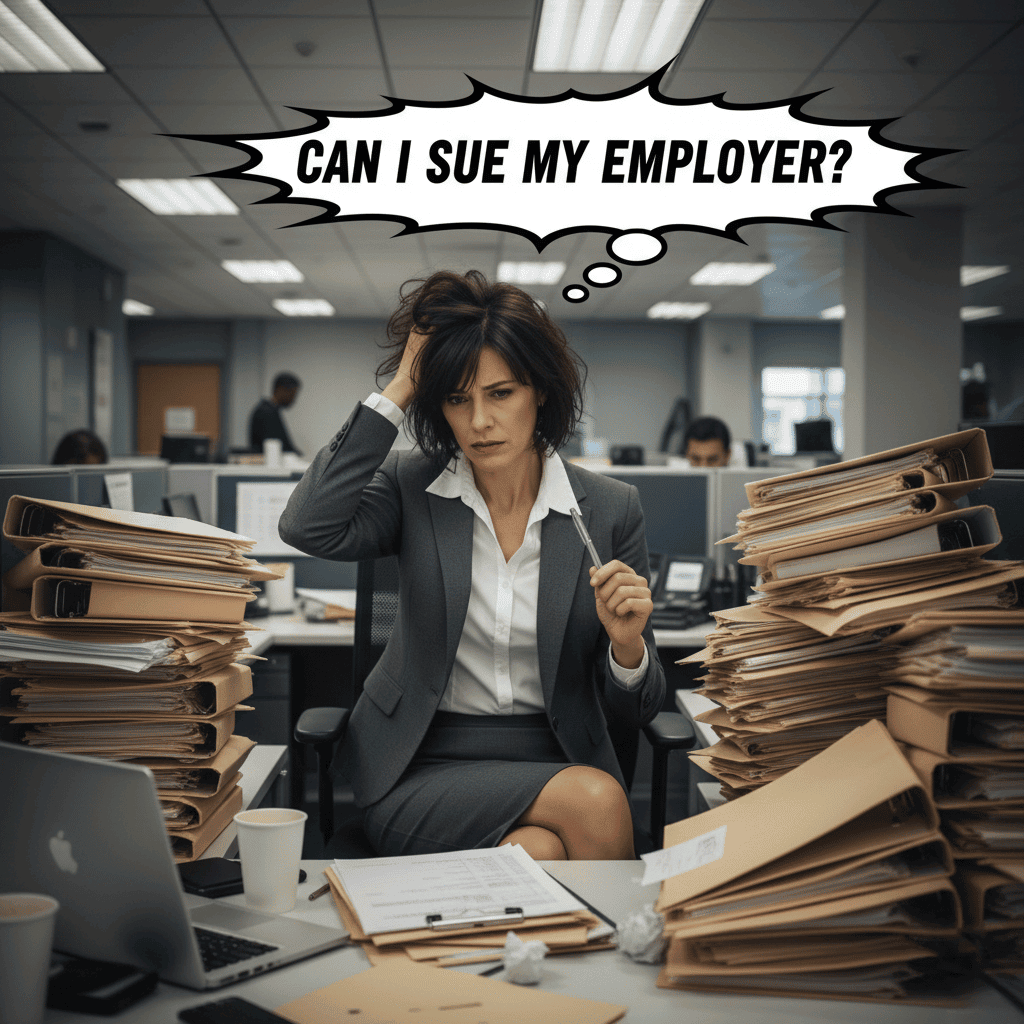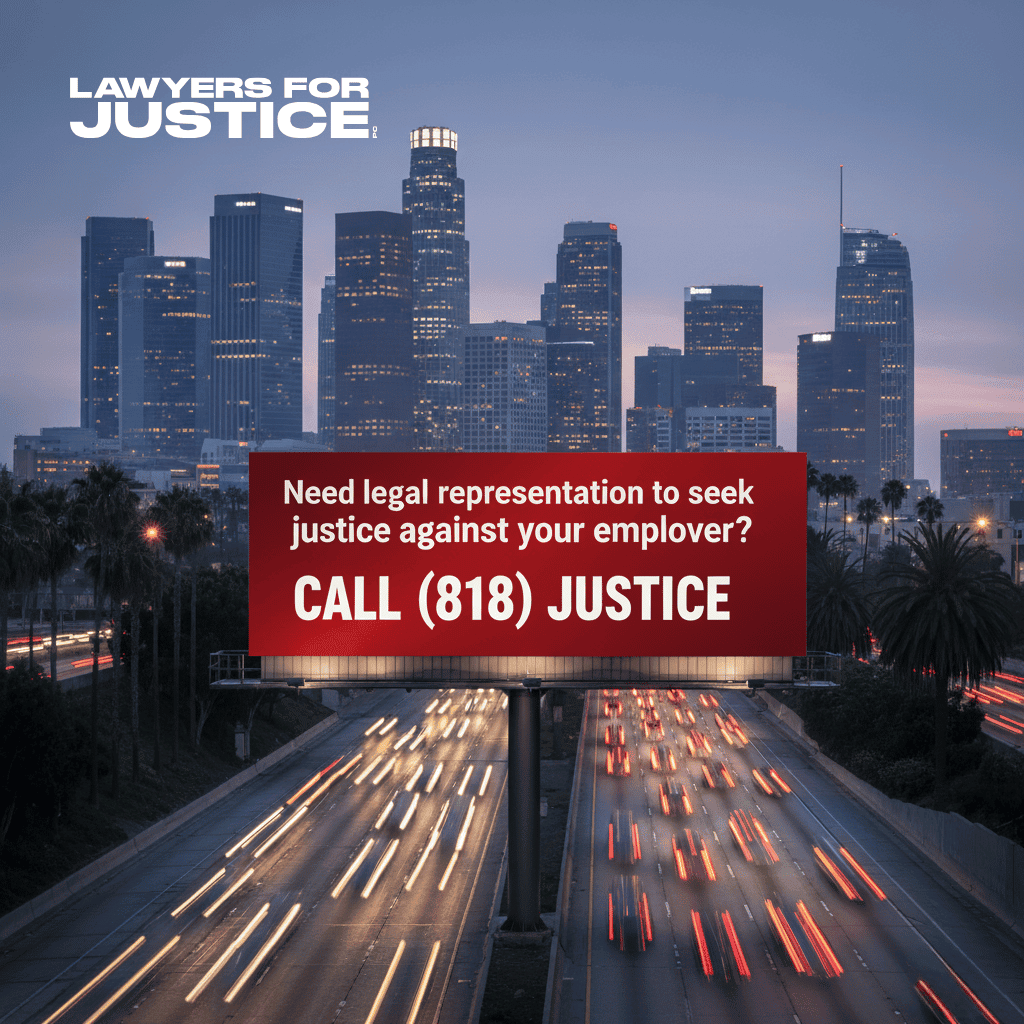Attorney advertisement by Edwin Aiwazian of Lawyers for Justice, P.C., headquartered at 450 N Brand Blvd, Glendale, CA 91203
A hostile work environment lawsuit may arise when an employee experiences severe or pervasive harassment that interferes with their ability to work. While not every uncomfortable or unfair situation qualifies, certain forms of hostile environment harassment may violate federal and California employment laws. Employees who experience mistreatment, discrimination, or abusive conduct may have legal rights and may be entitled to pursue compensation.
Overview of Hostile Work Environment
A hostile work environment refers to workplace conditions where harassment, discrimination, or abusive behavior becomes so severe or pervasive that it alters an employee’s ability to perform their job. Many workers are unsure whether their experience meets the legal definition of hostile work environment, but understanding the criteria is essential for determining next steps.
Hostile Workplace Definition
The hostile workplace definition under federal law generally includes unwelcome conduct based on protected characteristics such as race, gender, disability, age, religion, or other legally protected categories. California’s protections go further under the Civil Rights Department (formerly DFEH).
What Is a Hostile Environment?
A hostile environment occurs when:
- The conduct would be considered offensive, intimidating, or abusive by a reasonable person
- Behavior is severe or pervasive enough to impact working conditions
- The harassment is based on a protected characteristic (race, gender, disability, etc.) or retaliation for engaging in protected activity
Examples may include:
- Repeated derogatory comments
- Sexual harassment
- Racial slurs or offensive jokes
- Bullying or intimidation
- Retaliation after reporting wrongdoing
Employees dealing with such behavior may have rights under federal and state law. If you’re unsure if what you’re currently experiencing at work is considered to be harassment and/or a hostile work environment, please contact us at (818) JUSTICE. We’re here to help.
Legal Aspects of Hostile Work Environment
Employees often ask what constitutes a hostile work environment, and more importantly, is hostile environment harassment illegal?
Under the federal Equal Employment Opportunity Commission (EEOC) and California’s Fair Employment Housing Act of 1959 (FEHA), certain types of harassment and discrimination are unlawful.
Is Creating a Hostile Work Environment Illegal?

In California, creating a hostile work environment may be illegal when the conduct involves:
- Protected-class harassment
- Retaliation
- Failure by the employer to take reasonable steps to prevent harassment
Employees who experience these conditions may be eligible to file a claim.
Employee Rights Against Hostile Work Environment Harassment

Employees facing hostile work environment harassment may be protected under:
- Title VII of the Civil Rights Act
- The Americans with Disabilities Act (ADA)
- California’s Fair Employment and Housing Act (FEHA)
You may have rights if the harassment involves discrimination, retaliation, or failure to prevent harassment. Employees often wonder “can you sue for harassment at work?” The answer may depend on the severity of the misconduct and whether it is tied to a protected category.
Steps to Take if Experiencing Harassment
If you’re dealing with a hostile workplace, you may consider:
- Documenting incidents (emails, texts, witnesses, dates)
- Saving physical evidence
- Reporting concerns internally
- Seeking HR involvement
- Consulting an employment attorney (Consider using an attorney here at Lawyers for Justice, P.C.)
These steps may support a future hostile workplace lawsuit if needed and if applicable.
How to Report a Hostile Work Environment
Most workplaces require employees to report harassment through:
- HR
- A direct supervisor
- An employee hotline
- An ethics or compliance officer
If internal reporting fails, workers may report externally to the California Civil Rights Department or the EEOC.
Should You Consider Suing Your Employer?

Employees often ask:
- Can you sue an employer for a hostile work environment?
- Can I sue my employer for harassment?
- Is a toxic work environment legal?
You may be entitled to pursue a lawsuit if:
- The conduct was severe or pervasive
- You reported the issue and the employer failed to act
- The harassment involved a protected category
- You experienced retaliation
A lawyer can help determine whether you may qualify. Call on of our qualified team members at Lawyers for Justice, P.C.: (818) JUSTICE, or contact us here.
The Role of HR and Management
HR and management must take reasonable steps to:
- Investigate complaints
- Stop ongoing harassment
- Prevent retaliation
- Document corrective actions
Failure to do so may strengthen an employee’s hostile workplace claim.
Hostile Workplace Claim Prevention
Employers are expected to:
- Establish anti-harassment policies
- Provide training (mandated under CA law)
- Enforce zero-tolerance policies
- Protect employees who report misconduct
If an employer fails to prevent harassment, an employee may have grounds for a claim.
Employer Responsibilities in Addressing Complaints
Under California law, employers must investigate complaints promptly, thoroughly, and impartially. If the employer ignores the misconduct or retaliates against the reporting employee, the company may be violating state and federal law.
Legal Proceedings

Employees who decide to pursue a hostile work environment lawsuit typically begin by consulting an employment lawyer to assess if they have a case before filing a charge with the EEOC or CRD. Only after receiving a “Right to Sue” notice may they be eligible to file a civil lawsuit.
How to File a Hostile Work Environment Claim
Filing typically includes:
- Reporting internally
- Filing a complaint with the EEOC or CRD
- Receiving a Right to Sue notice
- Consulting an employment lawyer
- Initiating a lawsuit
Employees seeking help may contact Lawyers for Justice, P.C. for a free, confidential consultation to understand whether they may be entitled to compensation.
Factors Influencing Lawsuit Outcomes
Outcomes may depend on:
- Severity of harassment
- Evidence available
- Employer’s response
- Witness statements
- Retaliation suffered
- Medical or emotional damages
Each situation is different, and employees may have unique legal options.
Support for Affected Employees
Experiencing a hostile workplace can impact mental health and job performance. Employees may benefit from:
- Counseling
- HR accommodations
- Medical leave
- Support from co-workers or employee resource groups
California employees may also qualify for protected leave under FMLA or CFRA if stress or anxiety becomes disabling. If you’re overwhelmed my stress from work, consider reading our recent article: “Can I Sue My Employer for Stress and Anxiety?”.
Legal Representation and Advocacy

An experienced employment lawyer may help:
- Document your experience
- Evaluate whether your case meets the legal criteria
- Determine whether you may have a claim
- Represent you in negotiations or litigation
Workers seeking guidance may contact Lawyers for Justice, P.C.
Conclusion: The Importance of Addressing Workplace Toxicity
A hostile work environment can take a toll on an employee’s mental, emotional, and financial well-being. Understanding your rights is the first step. If you believe you have experienced severe or pervasive harassment, discrimination, or retaliation, you may be entitled to compensation and may have legal rights that protect you. Lawyers for Justice, P.C. is available to help employees understand whether they may qualify for a hostile work environment lawsuit and what options may be available.
Attorney advertisement by Edwin Aiwazian of Lawyers for Justice, P.C., headquartered at 450 N Brand Blvd, Glendale, CA 91203
Think you deserve justice?
-
Get a Free Case Evaluation
-
Retain Service with No Upfront Cost
-
Get the Justice You Deserve
-
No Win, No Pay









